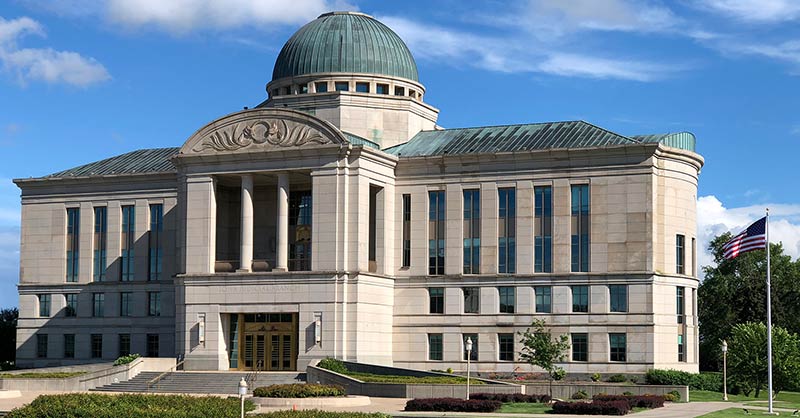UPDATES & ANALYSIS

FEATURED POSTS
A video of a video could be used as evidence in criminal trial, Iowa Supreme Court holds
A video of a video may be introduced as evidence in a criminal trial provided there is proper foundation that the evidence is what it is said to be, the Iowa Supreme Court held in a decision handed down Oct. 3.
U.S. Supreme Court denies Iowa woman’s bid to overturn her drug conviction claiming K9 search violated Fourth Amendment
The U.S. Supreme Court issued an order Oct. 6 denying an Iowa woman’s petition for certiorari seeking to overturn her drug possession conviction in Madison County District Court, arguing that a police search of her vehicle based on a drug-detection dog’s sniff through an open window violated her Fourth Amendment protect …
Iowa Supreme Court to hear arguments in eight cases Oct. 7 and 8
The Iowa Supreme Court will hear arguments in eight cases Oct. 7 and 8. Four other cases will be submitted to the Court without oral argument. Following are brief summaries of those cases.
June 2025 Opinion Roundup
The Iowa Supreme Court entered opinions in 10 cases in June 2025. At the links immediately below, you can read On Brief’s analysis of the following opinions.
EDITORIAL TEAM
ABOUT
On Brief: Iowa’s Appellate Blog is devoted to appellate litigation with a focus on the Iowa Supreme Court, the Iowa Court of Appeals, and the U.S. Court of Appeals for the Eighth Circuit.
